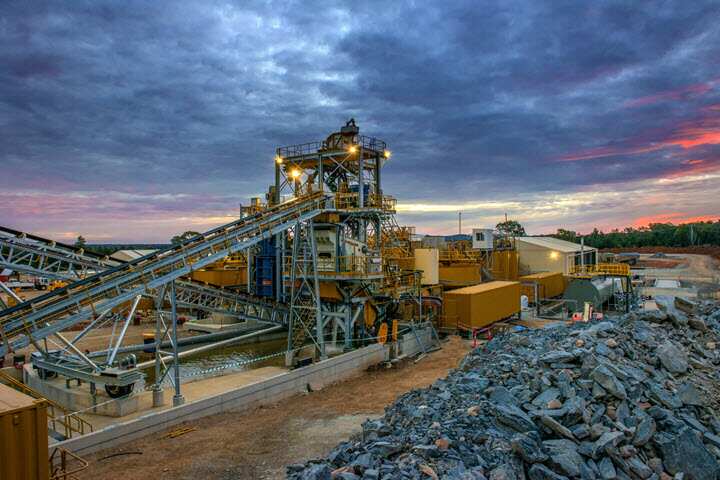In the minerals and mining industry, dust and other airborne particles are an unavoidable byproduct of operations. To ensure the health and safety of workers, as well as compliance with environmental regulations, dust collection systems are a must-have for mining operations. The key component of these systems? Filter bags.
Filter bags used in the minerals and mining industry come in a variety of materials, sizes, and configurations. However, they all serve the same purpose: to capture and contain the dust and other airborne particles generated during mining operations. These bags are typically made from materials such as polyester, polypropylene, or PTFE, which are selected based on factors such as temperature, chemical resistance, and abrasion resistance.

The two primary types of filter bags used in the minerals and mining industry are shaker and reverse air bags. Shaker bags are typically used in smaller dust collection systems and are cleaned by physically shaking the bags to dislodge the dust. Reverse air bags, on the other hand, are used in larger systems and are cleaned by a reverse air flow that dislodges the dust and sends it into a hopper for disposal.
Using high-quality filter bags in our mining operations has greatly improved our air quality and reduced maintenance costs. The filters are durable enough to withstand the abrasive nature of our operations, and the filtration efficiency has exceeded our expectations.
“Testimonial from John, Mining Company Manager”When selecting filter bags for a mining operation, it’s important to consider factors such as filtration efficiency, air-to-cloth ratio, and maximum pressure drop. These parameters will vary depending on the specific application, and choosing the right bags can greatly impact the effectiveness and efficiency of the dust collection system.
In addition to improving worker health and safety and ensuring regulatory compliance, proper dust collection also has economic benefits for mining operations. By capturing and containing dust, filter bags can prevent equipment damage and extend the lifespan of machinery. They can also reduce the risk of explosions and fires, which can be costly and dangerous
Overall, filter bags are a crucial component of dust collection systems in the minerals and mining industry. By selecting the right bags for the application and properly maintaining them, mining operations can improve worker safety, ensure compliance with environmental regulations, and achieve economic benefits.
| Parameter | Description |
|---|---|
| Material | Typically polyester, polypropylene, or PTFE |
| Size | Varies based on application |
| Filtration efficiency | Minimum of 99% |
| Air-to-cloth ratio | Typically between 3:1 and 5:1 |
| Maximum pressure drop | Determined by the specific application and dust collection system |
| Cleaning method | Shaker or reverse air |
| Temperature range | Determined by the specific material and application, typically between -40°C and 260°C |
| Chemical resistance | Determined by the specific material and application, must be compatible with any chemicals present in the process |
| Abrasion resistance | Determined by the specific material and application, must be able to withstand the abrasive nature of mining |